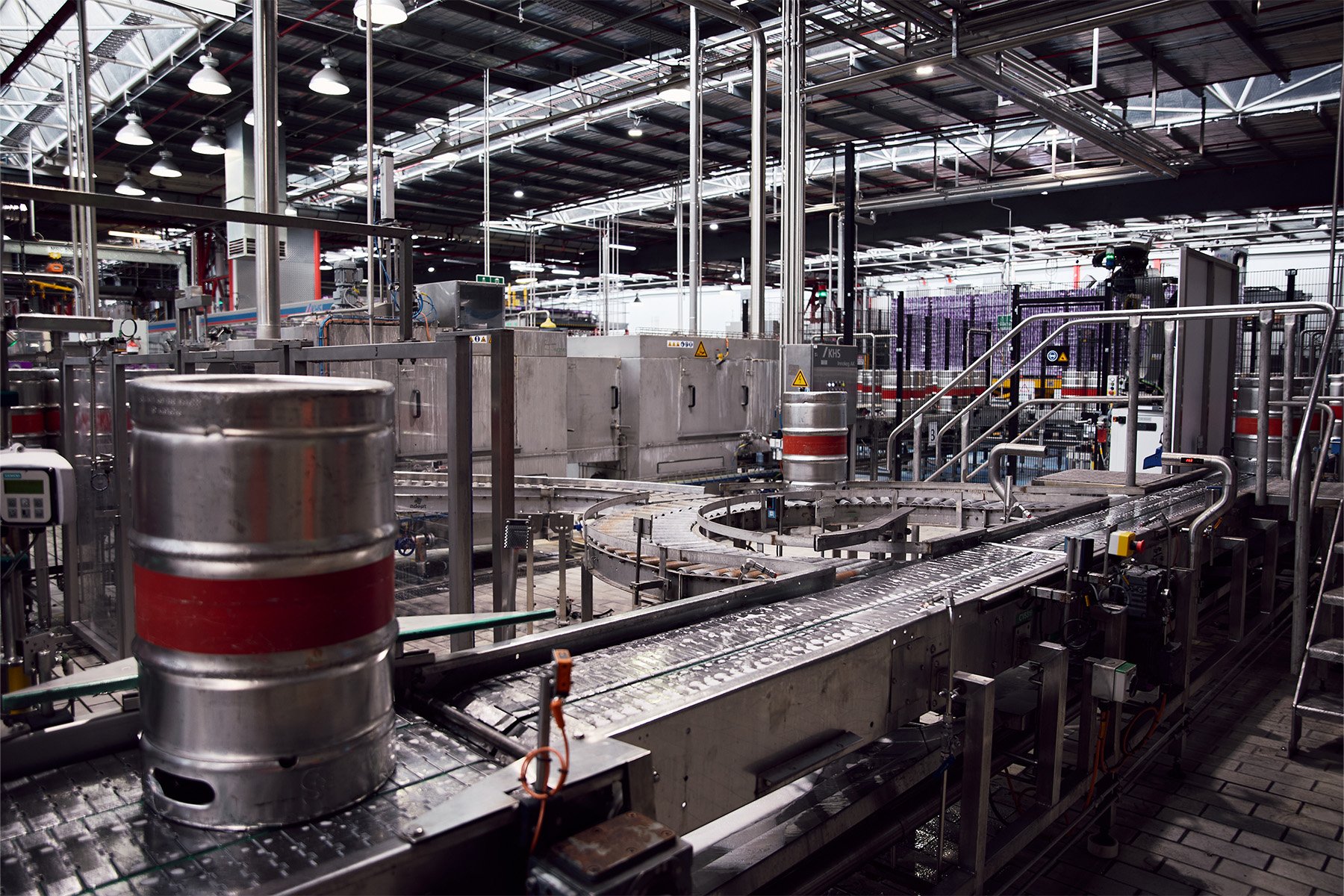The Australian manufacturing industry is in a state of flux. We are competing with countries that can offer consumers more value for less money. So it’s understandable that a knee-jerk reaction might be to simply slash costs across the board.
Yet the reality is that to be a vital force in this market, Australian manufacturing businesses need to be investing in research, smart technology and talent, to unlock key insights about their farm-to-factory processes and about the broader business operations. These insights will enable organisations to ensure that their inventory management is optimised, their processes are streamlined, and their risk of downtime is minimised. So what does this look like in practice?
Nukon worked with a leading food processing company, let’s call them ‘Charlies Chips’, to help improve their manufacturing line. Charlies Chips found their french fry processing line was able to save $5 million per year by simply working smarter. With Nukon’s help they were able to sort through the piles of data they were already collecting and present it to the team to help them understand how they could apply changes in real-time. Combine that with daily data dumps and a quick morning review, they produced high yield savings without any investment in capital.
And this is just one examined. Below we’ve examined 3 ways other Nukon clients have leveraged their data to glean valuable insights into their operations.
Data transparency allows for improved processing lines
One of the biggest challenges businesses face is collating real-time data accurately – often there is a wealth of information across countless spreadsheets which can be overwhelming to consolidate and work through. This is inefficient at best, but in reality, you not only missing insights for improvement but the opportunity reduce downtime or recover from it faster.
Understanding what downtime can mean financially to manufacturers, Nukon have created a reporting suite that provides real-time operating insights for manufacturers.
Being able to cleanse and reconcile data makes it easier to present a business case for improvement to your team and to management. It also makes it easier to identify the direct cause of certain workflow changes. Clearly sorted data allows for the right information to be available at just the right time.
Consolidated data delivers streamlined inventory management
Using analytics to identify where improvements can be made delivers real insights into inventory management .It’s not in any business' best interests to keep stock hanging around longer than is needed, and in the case of perishable items it can be particularly problematic.
In the case of one supermarket chain, they needed a customised system to track their products, from farm to consumer. With Nukon’s pull model in place, raw materials were managed for maximum efficiency according to individual store demands. This model was so successful that the supermarket chain was able to increase product shelf life by 1.5 days and with reduced storage costs, achieve a saving of $50 per pallet.
By consolidating the data found across forecasting, scheduling and traceability, the client drastically improved inventory management.
Smarter machines provide more accurate data
Australian manufacturers are working harder than ever to be competitive with international markets. Manufacturers must hit their KPIs if they want to ensure that their organisation remains viable. If a business is grappling with lengthy machine downtimes or sluggish processing, meeting those KPIs isn’t just difficult, it’s almost impossible. If you don’t have reliable, real-time data it all but impossible to pinpoint the cause of the delay.
A solution to this problem is the installation of smart sensors. The sensors give real-time data on the specific process impacting operations.
For example, Nukon worked closely with one company who knew that their processes could be optimised — they just weren’t sure how. By using sensors they discovered specific sections of the workflow that were lagging. They could pinpoint:
- what was causing the delay
- when the delay started
- how long the delay lasted.
The sensors could hone in on the part of the operation that was causing the issue. In some cases, the matter might have been as simple as a drill-bit dulling over time, adding five minutes to the production time. By discovering this anomaly, they could keep a spares at hand and could drastically reduce their downtime.
The real difference of real-time
As these examples show, Nukon can help improve business practices by:
- installing smart sensors and monitors across your workflows to pull accurate, real-time, data from your operation
- identifying relationships in your data sets
- uncovering wide trends across the business
- offering a high level of data analysis.
The Australian manufacturing industry will face a number of challenges in the next few years and so investment in tools that will give you a competitive edge will ensure that you’re hitting your KPIs, and that your business isn’t just viable, it’s flourishing.





